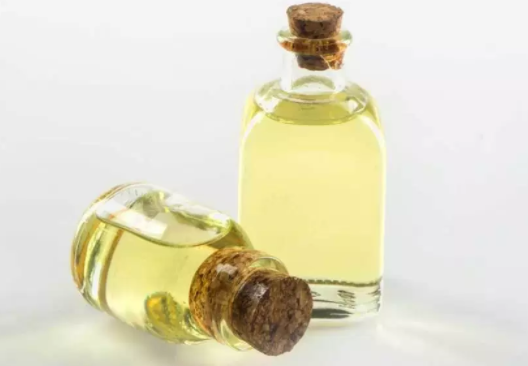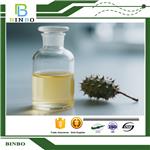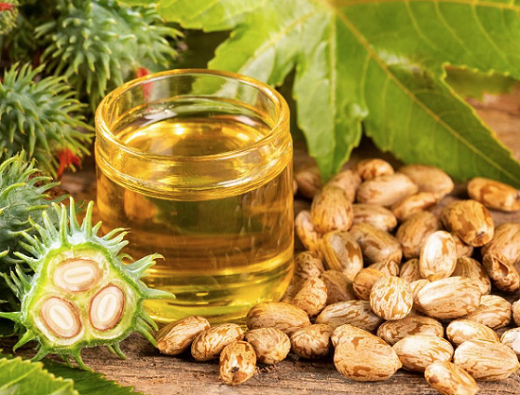Castor Oil: Properties and Uses
Castor oil is obtained from castor beans by pressing. This vegetable oil is colorless to pale yellow in color with a peculiar taste and smell. This chemical has a boiling point of 313 °C (595 °F) with a density of 961 kg/m3. About 90% of fatty acid chains are ricinoleates in this triglyceride. Other significant components are linoleates and oleates.

Properties
Castor oil is a renowned source of ricinoleic acid, which is a monounsaturated 18-carbon fatty acid. Ricinoleic acid is different from other fatty acids because of the unusual position of the hydroxyl functional group on the twelfth carbon. This is the reason for the chemical's higher polarity as compared with most fatty acids.
Castor oil is capable of chemical derivatization due to the reactivity of the alcohol group, which most seed oils cannot achieve. Owing to castor oil's ricinoleic acid content, it is an important chemical in feedstocks, with a value higher than other seed oils.
Uses
Castor oil and its derivatives are used in the manufacturing of paints, dyes, pharmaceuticals, waxes, cold resistant plastics, lubricants, hydraulic brake fluids, soaps and perfumes. This chemical compound is used as a preservative for food grains in the Indian subcontinent. It prevents pulses and grains from rotting. Castor oil is used in packaging, flavorings, additives and mold inhibitors of food items.
Earlier, castor oil was used as a laxative, owing to its non-toxicity and effectiveness. Kolliphor EL, a derivative of the chemical is used in various modern medicines. Castor oil is used in cosmetics such as moisturizers and creams. It is also used for conditioning of hair and beard, due to its anti-dandruff properties.
Castor oil has used a lubricant in diesel, jet and racing engines, due to its properties such as better high-temperature lubrication and low-temperature viscosity. Turkey red oil is produced by adding sulfuric acid to castor oil. Turkey red oil is used in making softeners, lubricants, dyeing and defoaming agents.
Summary
India, China and Brazil are the major castor oil producers. People involved with the cultivation, harvest and handling of castor oil plants are at risk. This is due to the presence of ricin, a poisonous lectin found in castor beans. In the event of castor beans' ingestion, it could cause injuries such as permanent nerve damage. However, during the process of oil extraction, poisonous lectin gets denatured and deactivated. Researchers are attempting to modify the castor oil plant genetically, such that it does not produce ricin.
You may like
Related articles And Qustion
See also
Lastest Price from Castor oil manufacturers

US $0.00/kg2025-11-06
- CAS:
- 8001-79-4
- Min. Order:
- 1kg
- Purity:
- 99%
- Supply Ability:
- 1000 kg

US $10.00/KG2025-04-21
- CAS:
- 8001-79-4
- Min. Order:
- 1KG
- Purity:
- 99%
- Supply Ability:
- 10 mt



